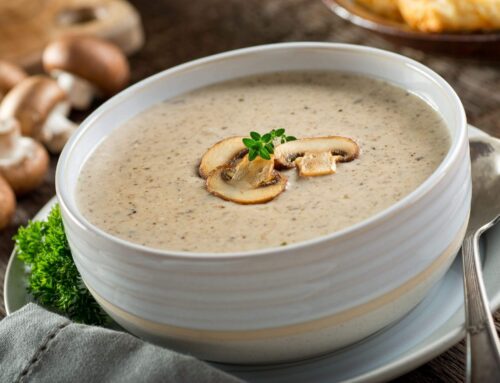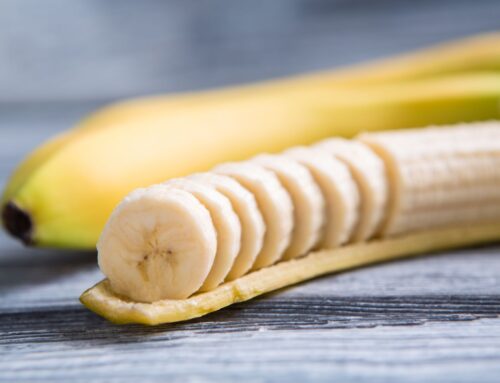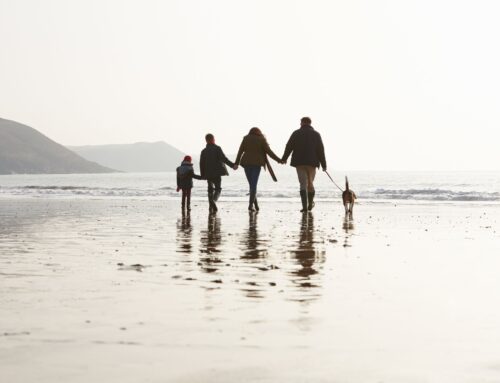1) Exercise regularly
When you do any kind of physical activity that puts some stress on your bones, the cells within our bones sense this stress and respond by making the bone stronger and denser. All weight-bearing exercise – including walking, dancing, jogging, jumping rope, weight lifting, stair climbing and racquet sports – helps our bones retain and possibly even gain density.
You need a variety of exercises or activities that put stress on different parts of the body, to keep all your bones healthy. Exercise also increases muscle strength and coordination. This helps us to maintain balance and avoid falls, which are the major cause of bone fractures.
2) Get adequate vitamin D
Also known as the ‘sunshine vitamin’ D also helps to reduce bone fracture risk by enhancing our body’s ability to absorb calcium from the intestines. Calcium also increases muscle strength which in turn can help to decrease the risk of falls.
So we encourage you to ‘stock up’ on vitamin D by getting direct sunlight on as much skin as you can comfortably bare, for 10-20 minutes (depending on skin type), 3-4 times per week, between 10 am and 2 pm.
- Obtain adequate vitamin K from your diet
Vitamin K, which is found mainly in green, leafy vegetables, contributes significantly to calcium regulation and bone formation. Vitamin K positively affects calcium balance in the body, and is necessary for the formation of osteocalcin, a key protein involved in bone mineralisation.
4) Minimise your alcohol and caffeine consumption
A six-year longitudinal study of over 84,000 US women aged between 34 and 59, found those who consumed the most caffeine had almost 200% higher risk of suffering a hip fracture.
Women consuming around 2.5 standard drinks or more of alcohol per day had a 133% greater risk of hip fracture and 38% higher chance of wrist fracture than non-drinkers.
5) Avoid excess calcium
Excess calcium intake can actually increase your risk of bone fracture. This aligns with Hopewood’s natural philosophy of eating everything in moderation. It promotes vegetarianism, plenty of water and freshly prepared juices and food combining.
The populations of countries such as India, Japan, and Peru have an average daily calcium intake as low as 300 milligrams per day (less than a third of the Australian RDI of 1000 mg per day for women aged 19-50), yet have a low incidence of bone fractures.
Getting your calcium from plants such as lettuce, parsley and kale will ensure you’re maximising your intake of other nutrients that preserve and build bone health and strength, such as vitamin K, magnesium, potassium, silicon, carotenoids and vitamin C.






